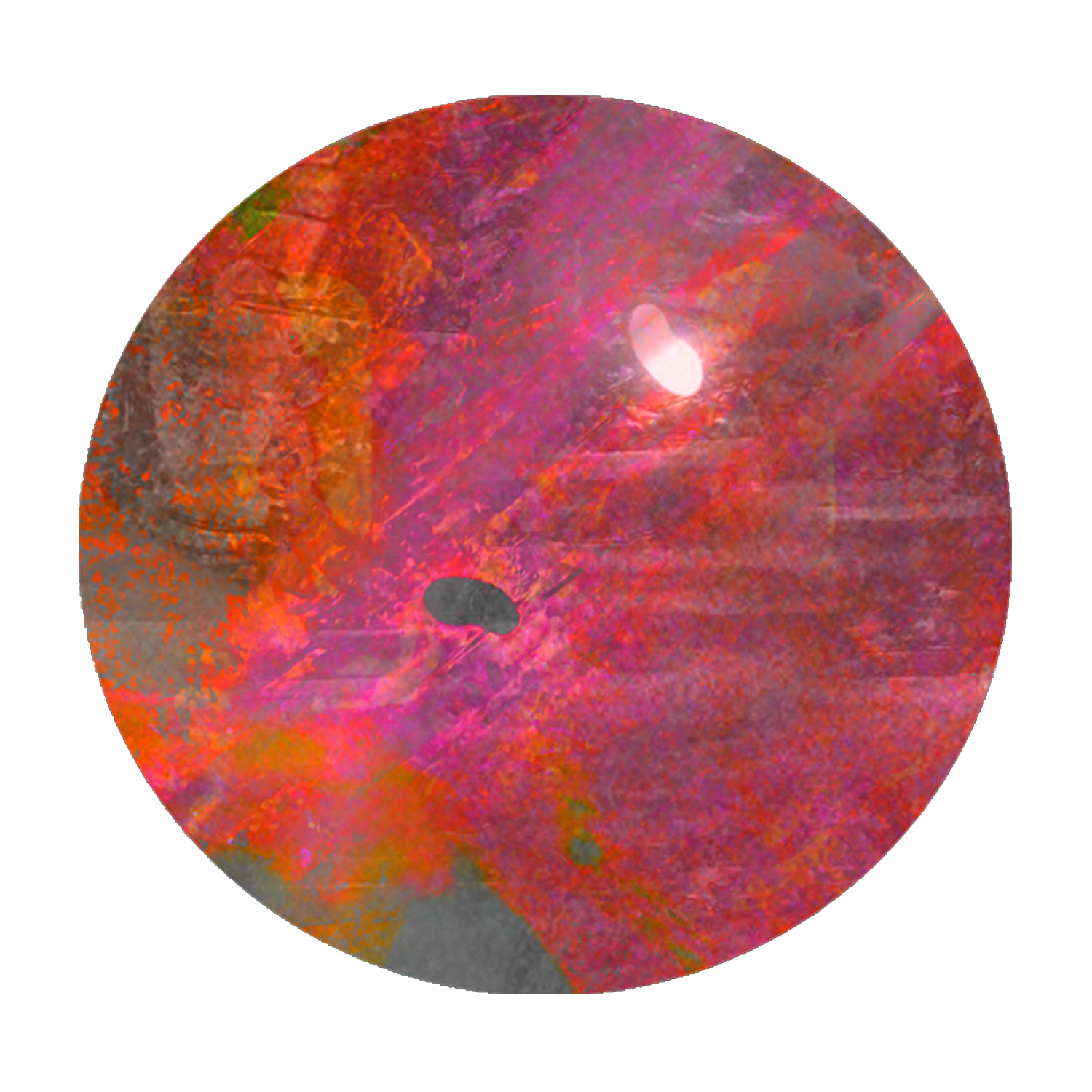Wooed in the woods : an automn full of wonders
Wooed in the woods : Boucher forest month
During all of September, the Boucher forest will be hosting events and activities to celebrate this unique site in Aymer.
Some activities are so popular they are already full (Les Contes de la forêt illuminée,, but you can still register todiscover the forest through a fascinating journey into the Anishinaabe culture! As we hike, Doreen will share with us the importance of the forest to Anishinaabe's ancestral lifestyle and culture and will provide us with traditional First Nation knowledge of the Ottawa Valley. An event not to be missed!
Cost: It's free but places are limited!
Registration Required (form below)
Open to the whole family (suggested age of 8 years and over)!
Dates:
Saturday 16 September (Boucher forest festival): 11 am
Saturday 16 September (Boucher forest festival): 1 pm
Saturday 23 September: 10.30 am
Saturday 30 September: 9 am
If you can't make it to these activities, don't despair, you can still lend a hand and participate in the clean up effort on September 24, or enjoy the full magic of the automn colors and smells later in October. The choice is yours!
http://www.fondationforetboucher.ca/mois/
In tune with Wise Masters
The Centre Yoga will be posting videos of master teachers from various traditions. In doing so, it wishes to provide open avenues of reflection rather than promote one vision or philosophical school over another. These offerings are meant to enrich your understanding of yoga, should you wish to do so. This month, we wish to offer a window into Francis Lucille's wisdom.
Francis is a spiritual teacher in the tradition of Advaita Vedanta (non-duality). A long time friend and disciple of Jean Klein whom he met in 1975, he was a friend of Robert Linssen, Wolter Keers, Yvan Amar, William Samuel and Robert Adams. He was also influenced by J. Krishnamurti, Krishna Menon and Wei Wu Wei whom he knew personally. Many contemporary advaita teachers have attended his teaching events.Francis transmits the ancient teaching of nonduality, the common ground of Advaita Vedanta, Ch’an Buddhism, Zen,Taoism and Sufism.
Francis’ teachings are not “Neo Advaitic” but traditional, which means that the experience of our true nature has been transmitted from generation to generation by a lineage of sages.
Francis’ master, Jean Klein, met his guru in India in the early Fifties and stayed and studied with him for several years. He later studied the tradition of Kashmir Shaivism with Dibianandapuri and of Hatha Yoga with the famous teacher Krishnamacharya. Jean Klein was an Acharya, meaning a guru who, having realized the common ground of all spiritual teachings, can teach according to many traditions with equal ease. He loved the humor of the Zen patriarchs, the poetry of Rumi and of the Sufi tradition, and the sweetness of Meister Eckhart’s Christian expression of the Absolute. His teachings reflected his love of art and music, addressing the needs of a demanding intellect while focusing to a large extent on the perceptual and sensorial aspect of our experience.
Francis’ teachings reflect those of his guru: appreciation for humor, art, music, and poetry, intellectual rigor with a “personal” twist due to his training in Mathematics and Physics, emphasis on the body and its feelings. There are meditation and yoga sessions inspired by the Tantric and Hatha Yoga traditions in addition to the traditional Advaitic dialogues.
Hṛdaya: journey to the heart of ancient wisdom with Eliot
Most of Centre Yoga Aylmer's students may be well aware of the series of Sunday afternoons Eliot has been offering for the study of relevant yoga scriptures in a friendly and relaxed group setting. These study groups make it possible to explore these texts, their meaning and how they can illumine our lives. On this blog, Eliot will provide snippets of the Sunday afternoon contemplations. During the next workshop, which will take place Sunday, October 29, between 2 and 5pm, we will study the Hatha Yoga Pradipika.
Most of us know yoga as a series of physical exercises. However, if you look at most classic yoga texts, there seems to be nothing written about what we know as yoga poses. But the post classic yoga tradition does talk about postures. One such text, and perhaps the most well-known, is the Hatha Yoga Pradipika, which brings forth the teaching that the body is the microcosmic representation of the universe. Tara Michaël’s knowledgeable commentary is exquisite and celebrates this Tantric view. In her introduction to her commentary on the
"Hatha Yoga Pradipika, she says, “Ultimate reality is not just an abstract principle that transcends the universe and is outside human beings. Ultimate reality is immanent and resides in the hearts of all human beings. Human beings should look for it within their own being.” (translation, Eliot Acuna)




